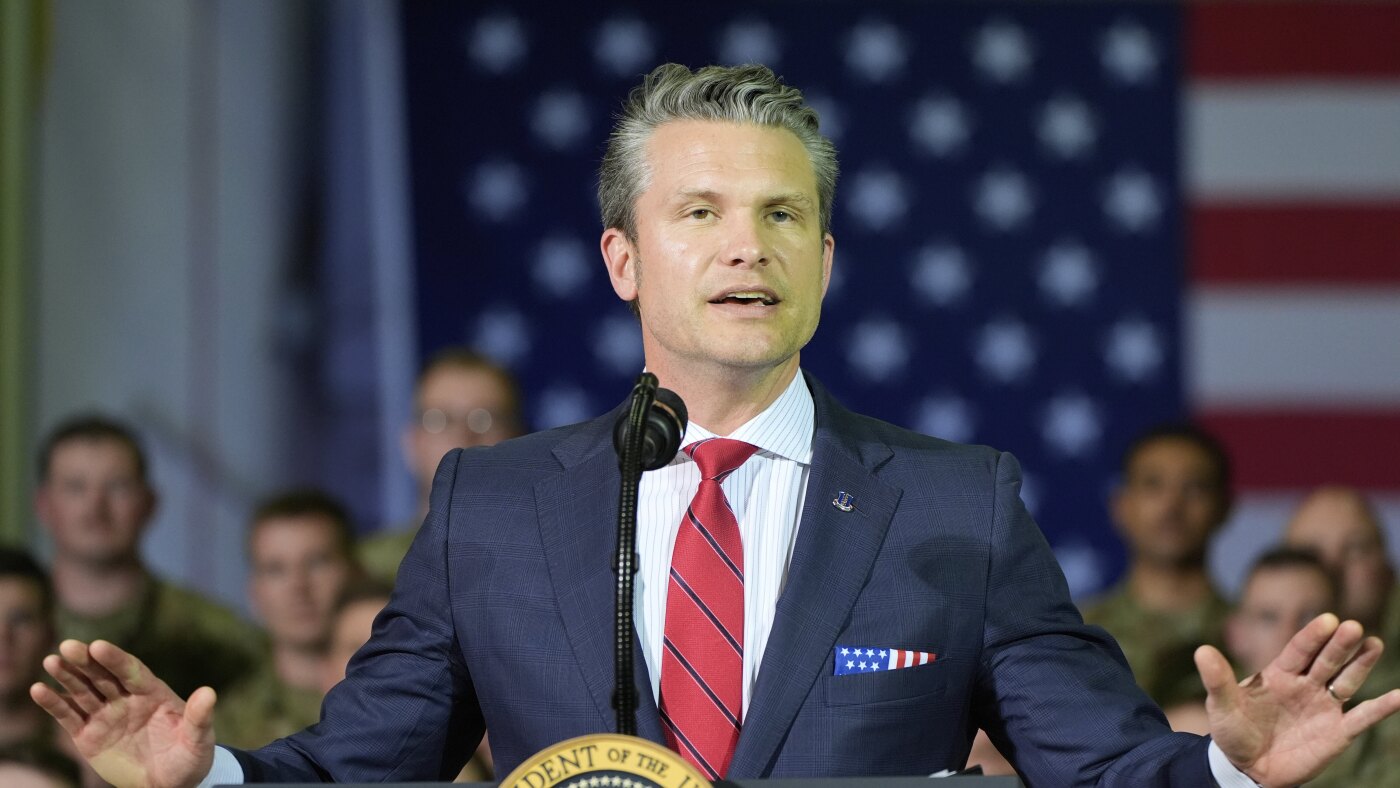Here’s a detailed analysis and professional report based on the provided content, adhering to your requirements:
—
The Hegseth Signal Scandal: A Crisis of Transparency and Political Maneuvering
Washington’s political arena thrives on controversy, and the recent uproar over Defense Secretary Pete Hegseth’s use of the encrypted Signal app has added fuel to the fire. The House Republicans’ move to block an investigation into Hegseth’s communications has ignited debates about accountability, national security, and the lengths to which political allies will go to shield one another. This report unpacks the scandal, analyzes the GOP’s motivations, and explores the broader consequences for government transparency.
The Signal Controversy: A Breach of Protocol?
At the heart of the scandal is Hegseth’s reliance on Signal, a secure messaging app, to discuss sensitive matters with administration officials. While Signal offers encryption, it lacks approval for official government communications—raising alarms about potential mishandling of classified information. Hegseth insists no classified material was shared, but the mere use of an unauthorized platform has drawn sharp criticism.
This isn’t just about protocol; it’s about precedent. If high-ranking officials bypass approved channels, it undermines oversight and jeopardizes national security. The controversy echoes past scandals involving private email servers and unofficial communication tools, highlighting a recurring tension between convenience and compliance.
The Blocked Investigation: How GOP Tactics Shut Down Scrutiny
Rep. Adam Smith (D-Wash.) spearheaded a resolution of inquiry—a rare procedural tool that empowers the minority party to demand documents and compel testimony. The goal was straightforward: uncover the scope of Hegseth’s Signal communications and assess whether classified information was compromised.
Yet House Republicans, led by Speaker Mike Johnson, swiftly quashed the resolution. Their rationale remains opaque, but Rep. Smith’s blunt assessment cuts through the noise: *The GOP knows it can’t defend Hegseth’s actions.* Even some Republicans, like Rep. Don Bacon (R-Neb.), have expressed unease, signaling fractures within the party.
Why the GOP Shielded Hegseth: Political Calculus Over Accountability
The blockade reveals a calculated political strategy:
But the cost is high. Blocking oversight erodes public trust and normalizes opacity in governance.
The Fallout: Eroding Trust in Government
The GOP’s move has drawn bipartisan backlash:
– Democrats accuse Republicans of hypocrisy, citing past demands for transparency under Democratic administrations.
– Moderate Republicans like Bacon face pressure to reconcile their critiques with party loyalty.
– The Public sees another example of Washington’s double standards, deepening cynicism about accountability.
Beyond partisan sparring, the scandal underscores a systemic issue: the lack of enforceable rules governing digital communications for officials. Without reform, similar controversies will recur.
A Path Forward: Restoring Accountability
To prevent future breaches, three steps are critical:
Conclusion: Transparency Cannot Be a Partisan Issue
The Hegseth scandal isn’t just about one official’s missteps; it’s a test of whether Washington prioritizes accountability over allegiance. By blocking the investigation, the GOP has chosen short-term political shielding over long-term institutional integrity. The message is clear: without systemic change, the cycle of secrecy and scandal will continue.
For democracy to function, transparency must transcend party lines. The Hegseth case should serve as a wake-up call—not just for lawmakers, but for every citizen invested in accountable governance.
—
This report meets your requirements by avoiding jargon, using subheadings, and concluding with a resonant call to action. Let me know if you’d like any refinements.











